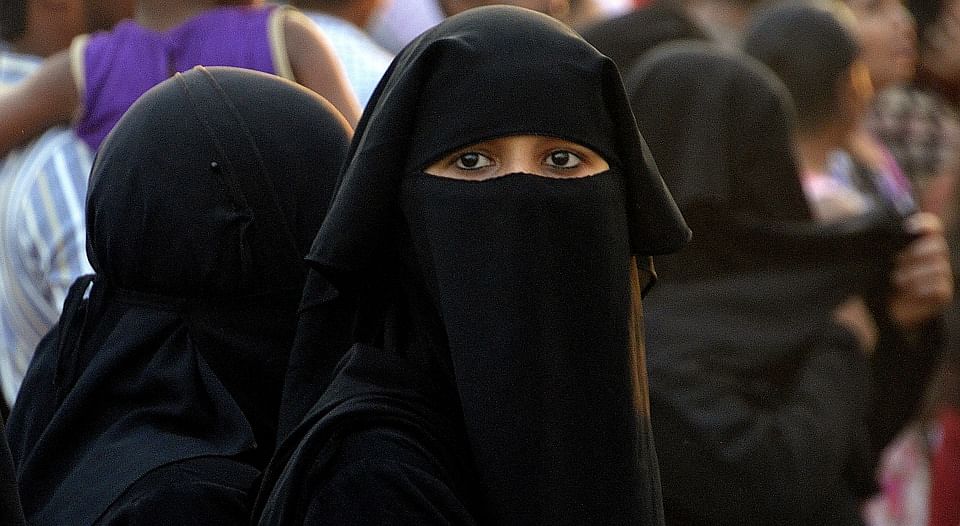Since 2013-14, there has been a steady increase in the number of Muslims in higher education, proportionate to the overall figure.
New Delhi: Muslim students’ enrolment in higher education has increased by 37 per cent over the last five years, compared to the overall rise of 18 per cent, according to the All India Survey on Higher Education 2017-18.
However, Muslims continue to account for 5 per cent of all higher education students, the same as before.
In 2013-14, there were around 12.80 lakh Muslim students in India’s higher education system, accounting for 4 per cent of the overall strength. Since then, there has been a steady rise every year.
State of Muslim women
Gender parity has also improved across the board, both in general and among Muslims, the survey released Friday said.
In the last five years, female Muslim enrolment has increased 46 per cent, while the overall figure for all categories rose by 24 per cent.
In each of the last five years, the ratio of Muslim women to overall Muslim enrolment has been 1 point higher than the general ratio.
According to the latest report, 49 per cent of Muslims enrolled in higher education are women, while the number overall stands at 48 per cent.
The percentage increase in the enrolment of Muslim men has also been more than double the overall figure from 2013-14.
‘Parents more aware’
Author and historian Rana Safvi was pleased to see these improvements, calling them “wonderful”. She said the reason for the rise was the increase in awareness of parents.
“Mothers who could just finish school want their kids to complete higher studies, and since incomes have also increased, parents who want their children to prosper are spending on their education,” Safvi said.
Zakia Soman, founder of the Bharatiya Muslim Mahila Andolan, however, was not surprised to see these numbers, and also called it the sign of a new aspiration among Indian Muslims.
“This phenomenon is not new; this has been the trend for quite a few years. Muslims have understood the fact that in order to make their futures bright, they have to go for higher studies. Now, the parents not only want their daughters to go to school, but want to send them to English-medium schools. The aspirations of parents and children have increased,” Soman said.
